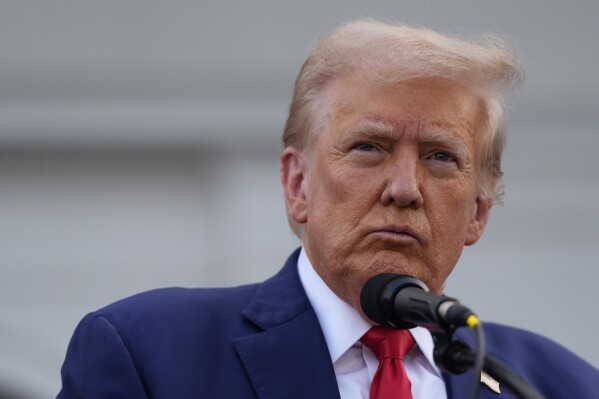Labour is looking at private investment to fund the London leg of HS2 to Euston, The Telegraph understands.
It is one option being considered by ministers who are assessing whether to press ahead with plans to extend the high speed rail line from Old Oak Common in the capital’s western suburbs.
Extending HS2 to Euston involves digging a 4.5-mile tunnel from Old Oak Common and building a six-platform station next to the existing west coast mainline terminus. Work on the new station was paused last year because of spiralling costs.

HS2 has been beset by multi-billion pound budget overruns. Last year Rishi Sunak, then prime minister, cancelled construction of its northern leg between Birmingham and Manchester.
At the time the decision was intended to save around £35 billion, but it was revealed in July that shortening the railway line cost £2 billion.
Tight fiscal rules
Labour has promised to upgrade the UK’s infrastructure and oversee a housing boom, but Rachel Reeves, the Chancellor, has set herself tight fiscal rules which mean her ability to spend government money is limited.
Ms Reeves is said to be in favour of private investment as a way to deliver infrastructure while keeping debts off the Government’s balance sheet.

Last week it was reported that the Treasury was in talks over using private finance to deliver a possible toll road and other projects.
The Chancellor is considering seeking private finance to pay for a £9bn highway and tunnel across the river Thames to the east of London, according to the Financial Times.
Bankrolling the project
Investors in the Lower Thames Crossing would receive returns from the toll road in exchange for bankrolling the project, potentially on indefinite or 125-year contracts, the newspaper said.
It is part of a broader attempt by the new Labour government to draw private finance to road, energy and water projects.
The government stopped using private finance initiative (PFI) deals in 2018 when Philip Hammond, the Conservative then-chancellor, ended the decades-long practice.
New schools and hospitals
PFI deals were invented in 1992 by the Conservative government led by Sir John Major, but became widespread under Labour after 1997.
The schemes usually involved large-scale buildings such as new schools and hospitals, or infrastructure projects which would previously have been publicly funded by the Treasury.
The projects are put out to tender with bids invited from building firms and developers who put in the investment, build new schools, hospitals or other schemes and then lease them back.
Poor value for money
The National Audit Office has previously said that PFI provided poor value for money compared with the Treasury paying for projects directly.
A Department for Transport spokesperson said: “The Government is working at pace to review the position it has inherited on HS2, including options for Euston. We will set out a clear plan in due course.”
Disclaimer: The copyright of this article belongs to the original author. Reposting this article is solely for the purpose of information dissemination and does not constitute any investment advice. If there is any infringement, please contact us immediately. We will make corrections or deletions as necessary. Thank you.



